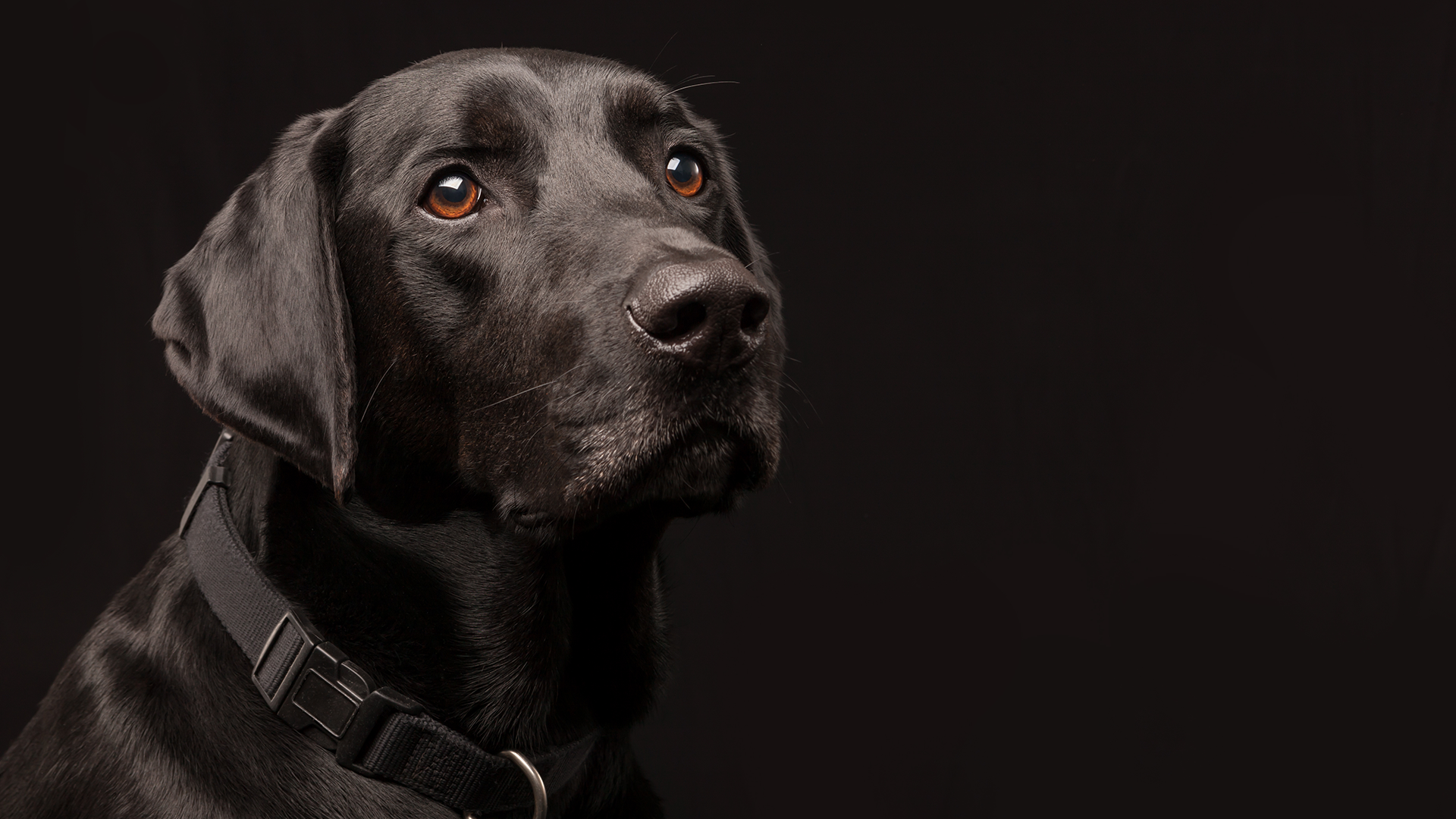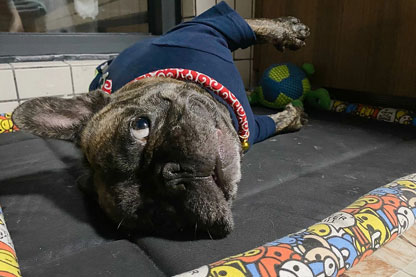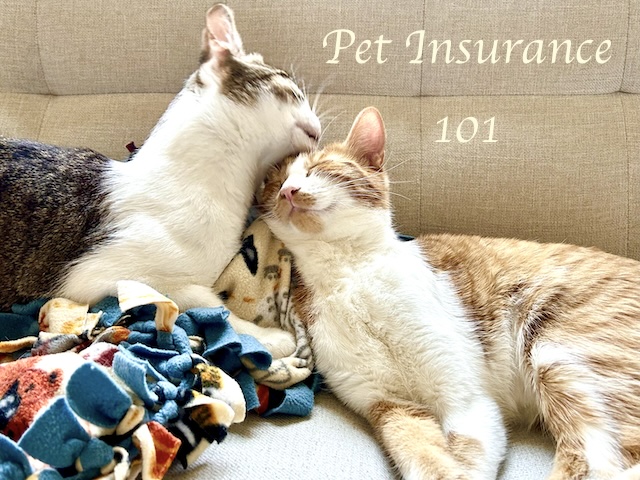
Pets bring us endless joy, but when left unattended, they can also engage in incredibly bizarre behavior—and expensive veterinary bills follow.
For dog owners, veterinary visits are common due to their pets accidentally ingesting socks, gloves, and toys, especially during puppyhood. Cat owners face a different challenge, paying for injuries caused by their curious or aggressive cats.
Despite this, we still love our furry friends and are willing to pay for their adventures. It’s estimated that Australian households will spend over A$33 billion on pet services and products in 2022; the latest data for New Zealand is NZ$1.8 billion.
In Australia, dog owners spend an average of over A$3,000 per dog annually, while cat owners spend A$1,715. Approximately 14% of this expenditure is on veterinary services, with costs skyrocketing if their pets require ongoing or emergency care.
In 2022, RSPCA Australia reported that 17% of dog-owning households and 12% of cat-owning households had pet insurance. The types of claims received by insurers underscore the need for owners to prepare for the worst, with common claims arising from foreign objects ingested, skin allergies and ear infections in dogs, and bites and abscesses in cats.
Michelle Le Long, chief operating officer of PD Insurance New Zealand, said claims trends were similar each year and pet insurance purchases were growing, partly due to rising veterinary costs.
“Veterinary costs are rising, driven by technological and medical advances, as well as the cost of running veterinary clinics and recruiting/retaining quality staff,” she said. “All of this means that pet insurance purchases are growing and we expect this trend to continue.”
Claim Type
According to data from Tower Insurance New Zealand, the top four reasons for dog owners’ claims in 2022 were illness (43%), injury (28%), routine care (24%), and dental care (2%). Cat owners fared slightly better, with a 43% decrease in claims, with the following reasons cited: injury (39%), illness (31%), routine care (25%), and dental care (3%). Le Long noted that in 2023, claims related to dogs ingesting foreign objects accounted for 7% of all PD Insurance claims, making it the second-most common cause of claims after skin allergies.”We’ve seen a wide range of claims in this area, including human medications, rat poison, pet toys, rocks, balls, batteries, wireless headphones, socks, nails, kitchen twine, wire, moisture-proof mats, fish hooks, highlighters, shoe insoles, dishcloths, swimming pool covers, and many more,” she said. “Many of these items cannot be safely expelled from the pet’s body, leading to dangerous blockages that require surgery and sometimes a long recovery period.” For cats, the most common reason for claims is injuries sustained in fights with other cats and dogs. Another major cause is infection resulting from the injury.”A common risk following an injury, whether oral or otherwise, is infection,” says Le Long. “In fact, many bite wounds can lead to abscesses caused by bacteria. Our 2023 data suggests cat owners may spend nearly NZ$3,000 treating these infections.” Dr. Betty Chan, veterinary consultant at PetSure Pet Health Technology in Australia, says that while insurance is a good idea, taking precautions to prevent pets from ingesting the wrong items or getting into dangerous situations may help avoid expensive veterinary bills.”Pet owners can choose toys without small parts or parts that are difficult to bite off,” says Dr. Chan. “Food scraps and food-related items are common among foreign objects ingested by pets. Therefore, owners should keep household trash cans properly stocked to prevent pets from coming into contact with food scraps such as bones, barbecue skewers, corn cobs, and stone fruit.”
Mind vs. Body
The impact of the COVID-19 pandemic has also affected household pets. Reports indicate that after two years of constant companionship during lockdown, many pets are unable to adapt to being alone at home and are showing symptoms of anxiety.Although there are ways to deal with this situation, pet behavioral problems are often not covered by pet insurance, said Le Long.She said that PD Insurance has an education center to help all pet owners understand how to raise pets responsibly. The education center also provides ethical insights on the purchase and adoption of pets, training, raising and caring for pets, and animal welfare.Dr. Chen said that at PetSure, some insurance policies allow pet owners to contact registered Australian veterinarians through VetChat 24/7 for advice on pet behavior.Fortunately, for most of us, the invisible benefits of keeping pets – including their companionship and the benefits to the owner’s physical and mental health – have always outweighed the burden of occasional minor accidents.
Special claims
Each year, a pet receives the Hambone Award for the most unusual or amusing mishap of the year. In 2023, the award went to a cat named Giles in the United States who was “squashed” by a fold-out sofa bed. Similar pet mishaps have occurred in Australia and New Zealand.A customer with pet insurance from PetSure took their dog to the vet several times in 2022 and 2023 after the dog chewed through pillowcases and ate oven mitts, zippers, and a tea towel. The dog underwent surgery to remove the tea towel from its intestines.PD Insurance has reported several cases, including a cautionary tale of a Rhodesian Ridgeback named Hazelnut who ate 30 of his owner’s daughter’s heart medication. Another Schnauzer puppy named Harvey was in and out of the veterinary clinic several times when he was just a few months old. First, he got a bone stuck in his leg; then, a chair fell on his foot, breaking it into three pieces; then, he ate a grape, which can be highly toxic to dogs.
Information on adopting stray animals
Adopting an animal with a complex past can bring additional challenges and costs, including vaccinations, microchipping, registration, and health checks. MoneyHub estimates that the initial upfront costs for adopting, spaying, neutering, and vaccinations for a dog in the first year of adoption are NZ$3,000, with annual costs (including food, registration fees, and standard vaccines) exceeding NZ$2,000. If a dog lives for 10 years, the total cost would be NZ$23,000, not including premium food, treats, toys, and any veterinary care beyond routine checkups and vaccinations.A cat has an initial upfront cost of NZ$2,000 in the first year, with annual costs of approximately NZ$1,000 thereafter. If a cat lives for 10 years, cat owners will spend approximately NZ$17,000—just for necessities, as with a dog.Pet insurance is not a necessity on MoneyHub’s list, costing between NZ$200 and NZ$300 per pet per year. If a foster pet has existing or developed health issues before the effective date of the first policy period or during the waiting period, these issues may be considered pre-existing conditions and excluded from coverage. Whether this is the case depends on the nature of the condition and medical history, and some conditions can be reviewed after 18 months.Most insurance companies will not cover any pre-existing conditions, which can be a problem for older pets or those in poor health, but many insurance companies are willing to work within the pet’s existing health conditions and note any improvements.


